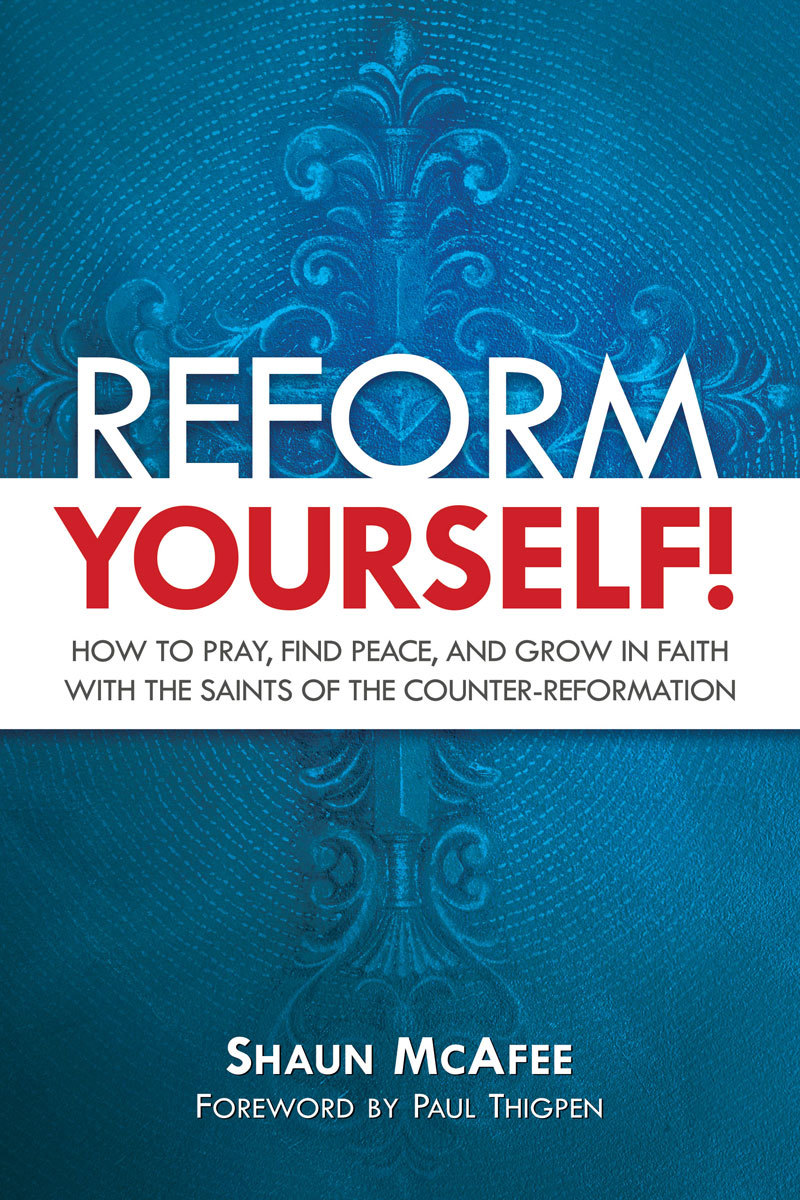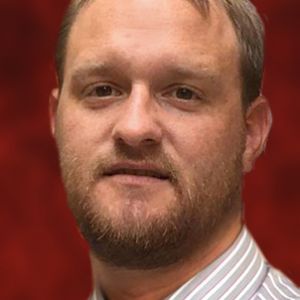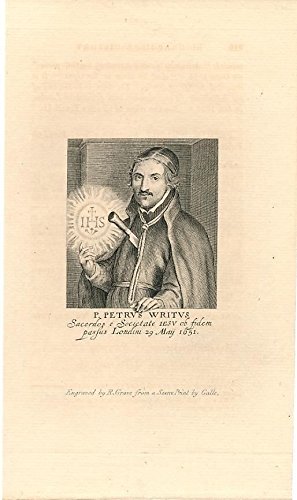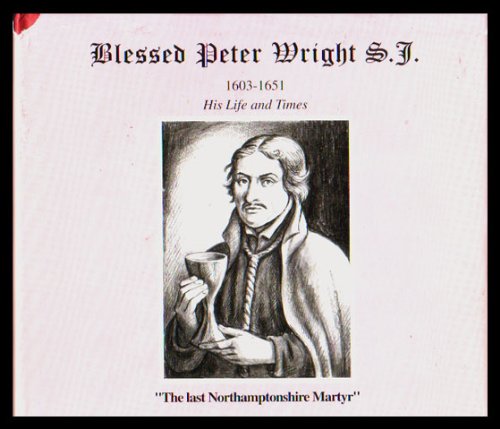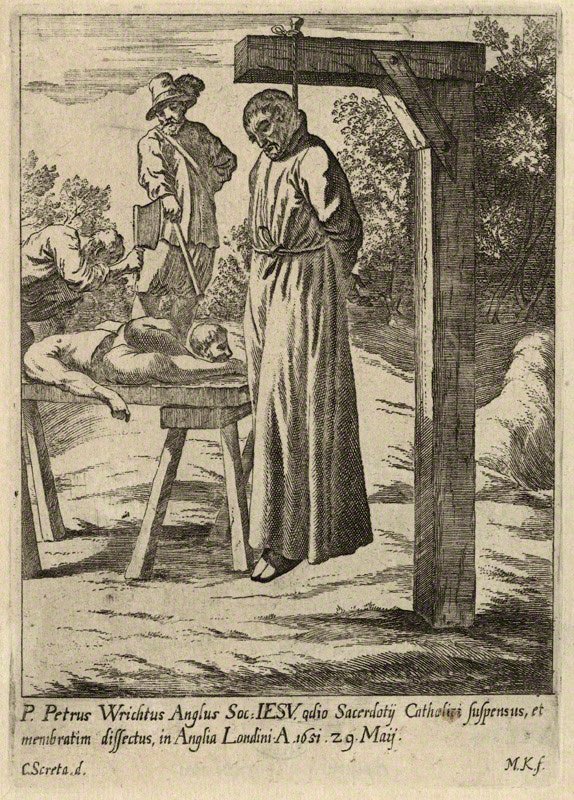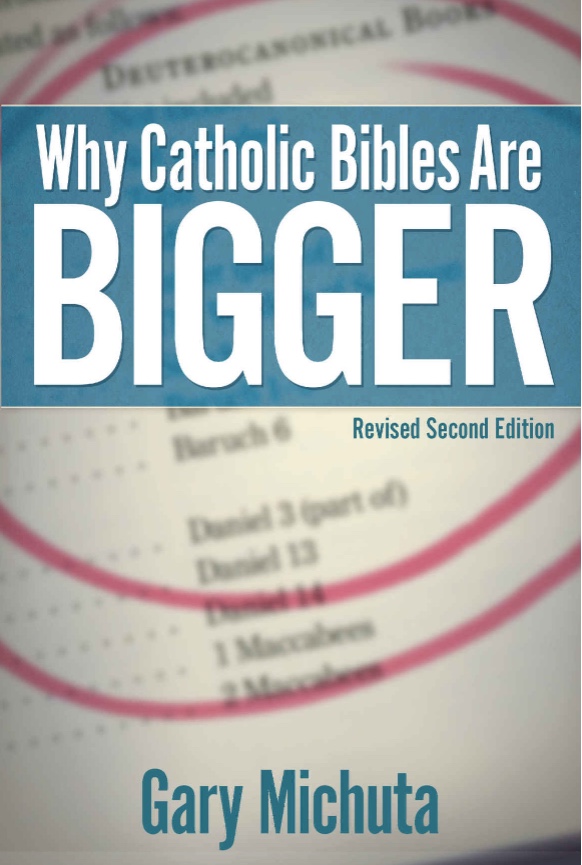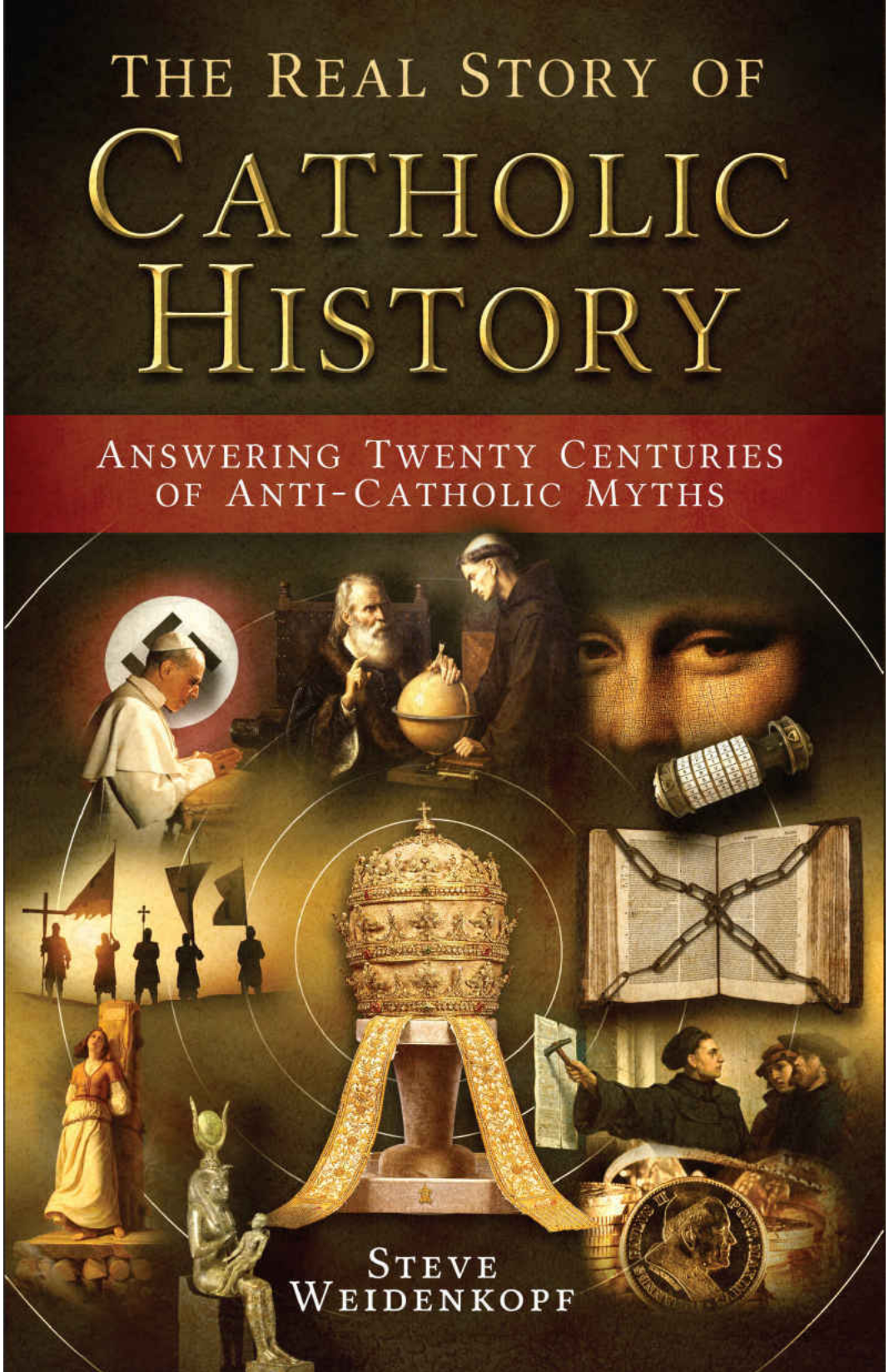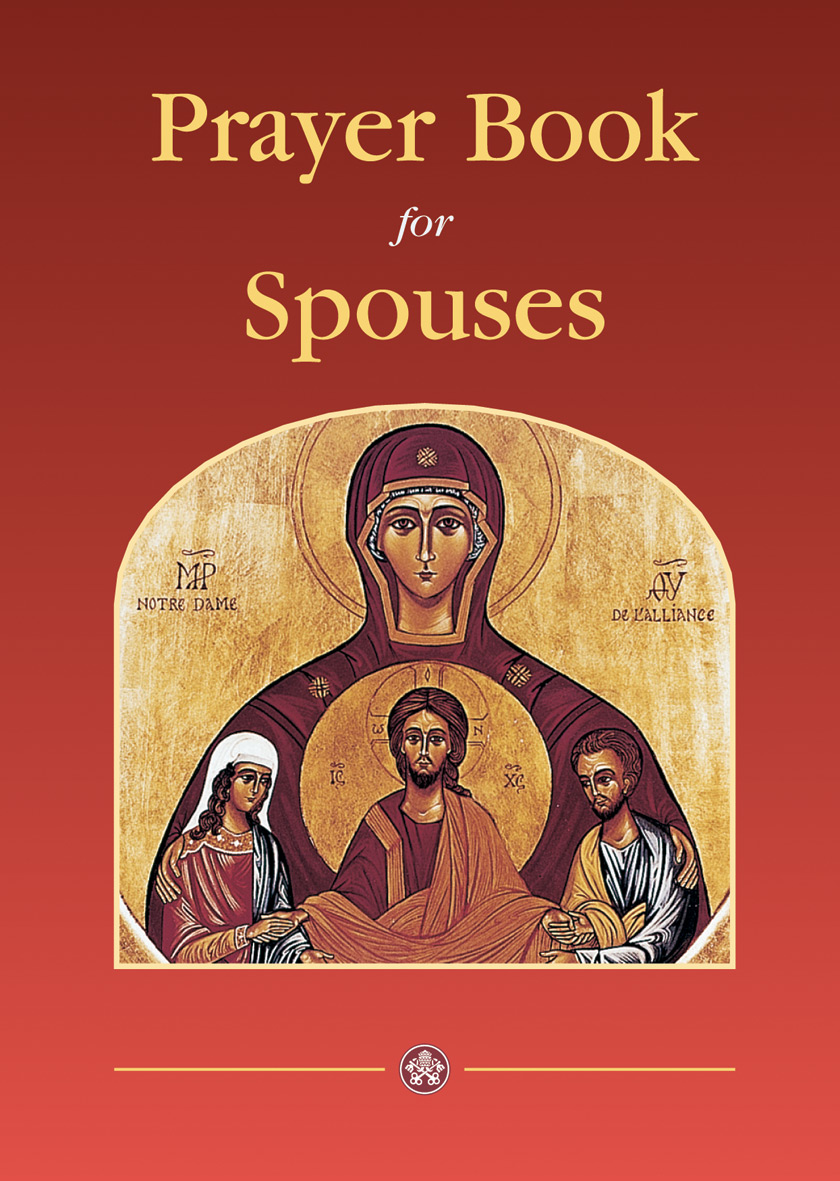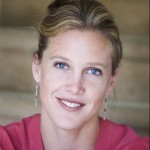I am taking, somewhat by choice, an eight week course in mindfulness. I like to be intellectually honest. Having only attended the first session with at least one all-in-one, heroin, crystal meth, and crack addict, I can reassure, gentle reader, mindfulness poses absolutely no challenge whatsoever to Catholicism.
If it serves as a safe, neutral beginning to encountering that terrifying place known as silence and our conscience, where God reigns supreme, omnipotent, as He does everywhere else, but most noticeably for the individual there, then it is a good. As Ven Matt Talbot says, “I cannot escape the eye of God, the voice of conscience…”. As St Paul says, 1 Cor 3:2, and Heb 11:1.
Should a Catholic Practice Mindfulness?
Eastern meditation techniques are a growing fad to relax and alleviate stress and anxiety. Some of it has even slipped into corners of the Church presented as something that can co-exist with Catholic spirituality. But according to an exorcist and an author on A Catholic Guide to Mindfulness, such meditations are contrary to the Catholic faith and neither healthy nor even harmless.
Father Patrick (not his real name) is a parish priest who has also been a diocesan exorcist for 7 years after he apprenticed for 6 years under an experienced exorcist. According to Fr. Patrick, Eastern meditation is a pathway of diversion away from a relationship with the true God, Father Son, and Holy Spirit. “Most people don’t know that the ultimate goal is to be without the need of God,” he noted.
“Instead of directing people to God, the focus becomes ‘self’ which gets in the way of uniting with God,” Father Patrick said. “As a Catholic matures in his faith, one is expected to progress beyond the more self-centered reasons for prayer that may have motivated him at the beginning of his spiritual life. One must eventually learn how to come to prayer for God’s sake, and not just his own.”
Can Eastern Meditation be Mixed with Catholic Spirituality?
Attempting to join the two disciplines—Eastern with Christian—does not work, Father Patrick explained, because their focus is different. “To focus on self alone, as Eastern meditation does, is not trusting in God,” he said. “Instead of dialoguing with your own feelings and emotions, you should always look at what God is showing you and asking: What does God want me to do?”
Meditation that turns inward rather than towards God ends up in emptiness, according to Father Patrick. “It might give you a little bit of comfort for a short while, but it’s definitely not a pathway to God,” he said. Even if it is neutral, Father Patrick explained that it is actually taking you away from God, because it is not taking you closer. “If there is no dialogue with God, then God is not a part of it and you are not honing a relationship with him,” Father Patrick said. “Honing a relationship with self, that is pretty empty without real answers—
Eastern Meditation – Mindfulness – and Trust in Divine Providence
Sometimes Eastern meditations purport to trust in divine providence. However, the way to truly trust in the divine providence of God is to include Him as part of the equation, Father Patrick said. “When we pray, we gain a sense of what will fulfill us from God,” he said. “God created us, he knows what is best for us. That is standard theology. We should be asking God: What do you have to say; what do you want me to do or to understand?”
Authentic Catholic Spirituality vs Eastern and New Age Practices
In true Catholic spirituality, Father Patrick said that God speaks to us in the depths of our heart, the deepest layer. He explained that the three layers of the heart are first, the outside layer, which is simply living the physical life; the second layer where our psychological and emotional experiences and understanding take place; and the third and deepest layer. “This is where we interact with God and we ask him for the answers to ultimately important questions,” Father Patrick said.
“There is an error when pagan practices and religions are attributed to Jesus,” he said. “For example, when people say that ‘Jesus is another Reiki master,’ they are saying that Jesus practiced Reiki so Jesus is no longer God to them.” For New Age practitioners, Father Patrick said that everyone can be God except for Jesus. “When you say that you don’t need Jesus, that always opens up doors to other spiritual forces militating against God and causes problems,” he said.
A Catholic Guide to Mindfulness
In an interview, Susan Brinkmann author of the new book, A Catholic Guide to Mindfulness, elaborated on the points made by Father Patrick. She explained that Eastern meditation fails to get at the core problem because it does not bring our woundedness to God.
Her book looks specifically at Mindfulness, which is rooted in Buddhism from 500 BC and “is a state of active, open attention on the present by which one observes their thoughts and feelings as if from a distance, without judging them to be good or bad.” Although promoted as a non-spiritual practice used as a means of vanquishing stress and anxiety, for the most part, it is practiced through one of several forms of meditation such as Breathing Space Meditation, Body Scan Meditation, and Expanding Awareness Meditation. Connecting with God is not the goal of any of these types of meditations.
According to Brinkmann, Mindfulness has no place in Christian prayer or spiritual practice, either as a prelude, component, or adjunct. If there is a problem causing stress and anxiety, researchers have found that many people are using mindfulness as a way to escape rather than confront their problems “True Catholic spirituality and meditation is a way to root out the attachments that block our relationship with God and interfere with a healthy spiritual life with him,” Brinkmann said.
Christians that are not adequately instructed in the fundamentals of the spiritual life, according to her, are often drawn into the self-gratifying Eastern or New Age practices and either cease praying altogether or try to incorporate incompatible Eastern techniques into their practice of prayer. Even though we are taught that we can adopt what is good from other religions, Cardinal Joseph Ratzinger clearly states in “Some Aspects of Christian Meditation” that this is not permissible if it obscures the purpose of Christian prayer – which is to dialogue with God. Because the aim of Eastern meditation techniques is to achieve a “higher” or “altered” state of consciousness, such as in the Mindfulness practice known as Expanding Awareness Meditation technique described in her book, these practices are not compatible with the goals of Christian prayer.
In addition, when we put aside all thoughts, including those that are distressing, Brinkmann explained that we enter into an altered state of consciousness detached from our problems and even ourselves to experience a temporary bliss. “The Pontifical document, Jesus Christ the Bearer of the Water of Life, warns that these states create an atmosphere of psychic weakness and vulnerability,” she said.
We do not need Mindfulness, Brinkmann stated. “We already have our own kind of ‘mindfulness’ known as the Sacrament of the Present Moment, which calls upon us to live in the here and now, in the Presence of God,” she said. “When we live in the Present Moment, we are in the Presence of God who can do something about the causes of stress and has the power to deal with it.”
As a staff writer with Women of Grace, Brinkmann said many people were asking about Mindfulness on their New Age Q & A blog. Once she began seeing reports from scientists discrediting the studies that claim benefits, and raising the alarm on potential harm from mindfulness, she decided to write a book about it. “Catholics should open their eyes to the glory of the Catholic mystical tradition,” Brinkmann said. “When it comes to controlling the mind, and directing our focus, Jesus Christ is the only sure guide.”
Love, always, but especially in the here and now,
Matthew



